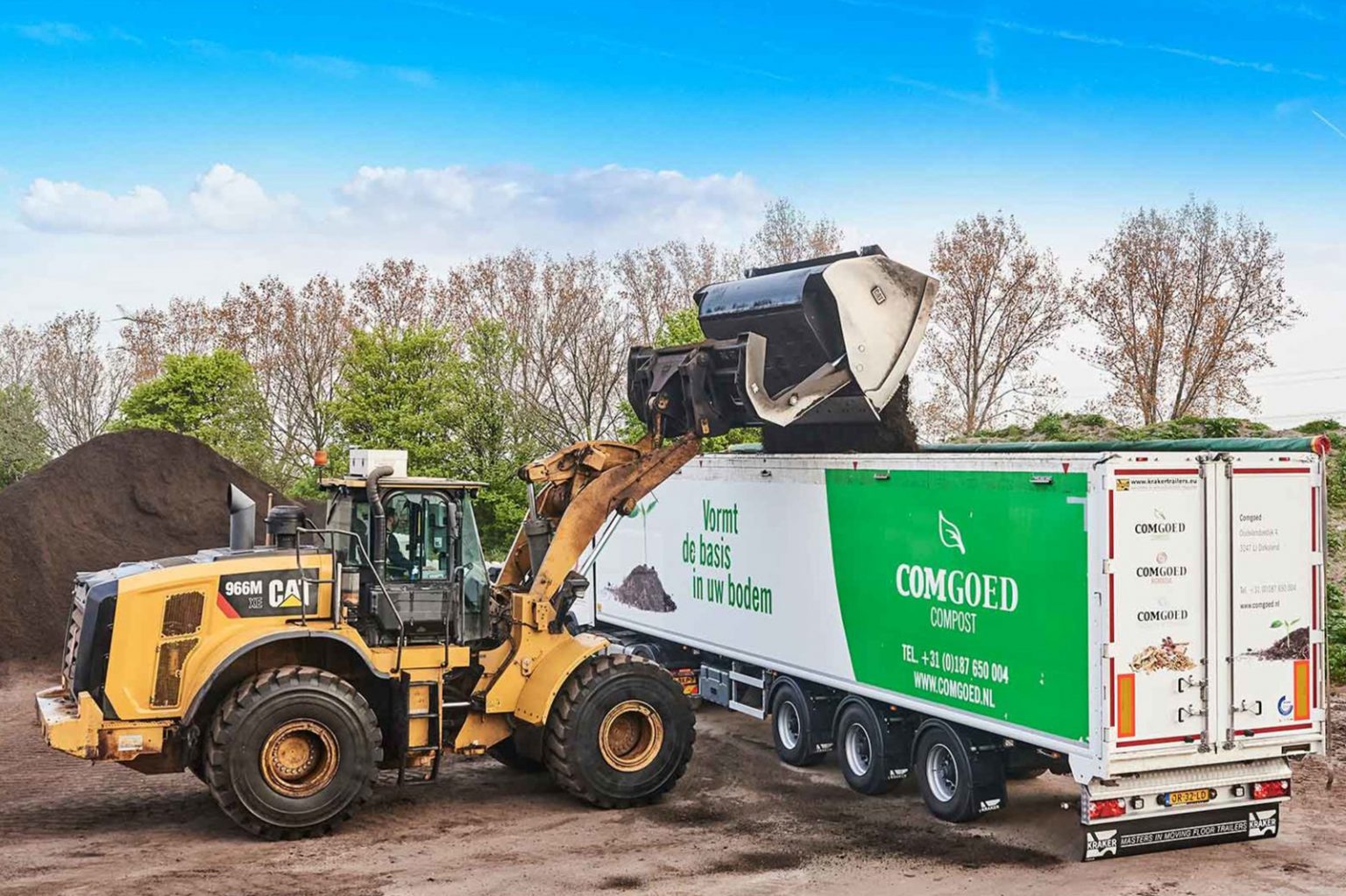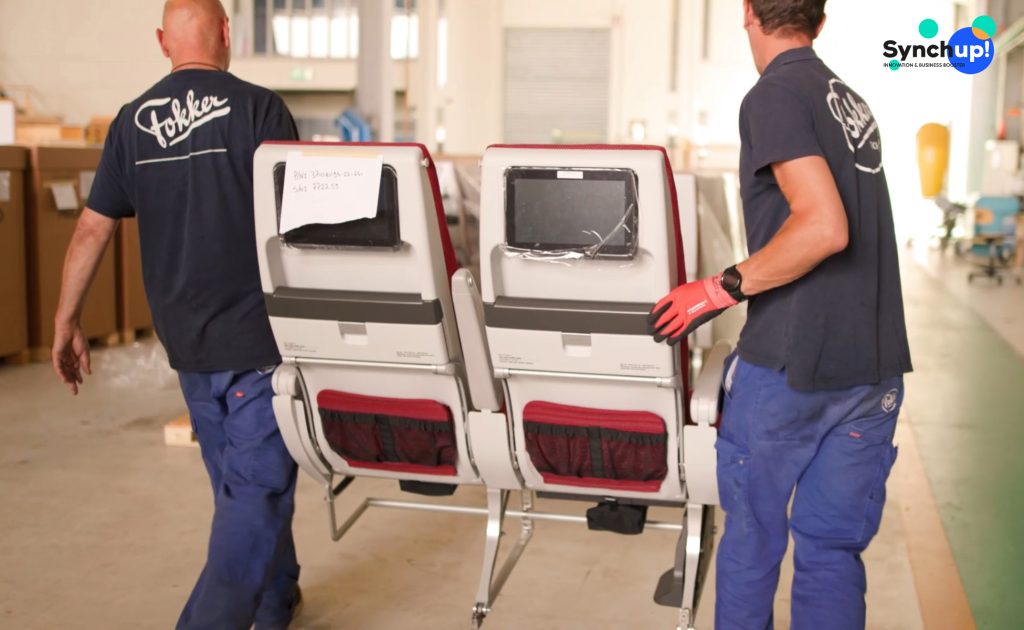If there is ever a versatile plant growing in the Netherlands, it is certainly the sugar beet: raw material for the food and chemical industries, additives, proteins, bioplastics and for biogas from fermented residual flows. Only digestate remains in the latter activity. If it is up to Comgoed, this is suitable as a sustainable peat substitute in substrate (growing media) for horticulture.
Comgoed is a supplier of compost, biomass, champost and residual materials, and entered this idea for the BioVoice 2021 challenge of sugar beet processor Cosun Beet Company. The company from Dirksland (South Holland) earned an innovation contract with Cosun. During the BioVoice Match Event last October, Comgoed also won the public prize for best pitch: a year’s free membership of the Green Chemistry Campus in Bergen op Zoom. “This is really unexpected,” says Comgoed director Florus van der Paauw delighted. “Usually we are not so much into pitches and competitions, we are more into doing things.”
Comgoed’s idea adds value to digestate and thus makes biogas production from sugar beet residues more profitable. Until now, digestate has been used mainly as a fertiliser. That is not profitable. In fact, money often has to be added because farmers and growers already have enough animal manure on offer.
Digestate, however, can help make horticulture more sustainable, as they depend on substrate for the efficient production of food crops. Currently, this consists mainly of peat: partially undigested plant residues with unique water and nutrient retention properties. However, the extraction of peat has a major impact on the landscape and causes CO2 emissions.Most peat in the Netherlands is therefore imported: some 6 million cubic metres per year. Recently, the Dutch potting soil suppliers concluded a covenant with the Ministry of Agriculture, Nature and Food Quality (LNV) to further reduce the use of peat.
Challenge
What should take its place? Coconut or wood fibre, rock wool, compost or other substances have very different properties. Digestate could be an option. “We are looking into that,” says Van der Paauw. He immediately adds that finding a perfect peat substitute is still in its infancy.
“The challenge is that it is not only about huge quantities, but also about a change of culture. Horticulture is a top-class activity and peat forms the basis for it. The demands on it are very high. So we will first have to win the trust of horticulturalists and are now carrying out tests and analyses to ensure that the digestate does not still contain residues of pesticides and plant diseases.” The innovation voucher of € 10,000 that Comgoed received with the BioVoice innovation contract, certainly helps with that.
And new developments yet again
Comgoed also attaches great value to innovation. For example, the company is currently investigating the possibilities for reusing substrate. Some of this is already done in mushroom cultivation: after the harvest, the top layer is ‘swept off the substrate’ and reused. The manure underneath goes to arable farming. A new activity is the recycling of soil for growing strawberries: “After the harvest, we take the used soil back, process it, upgrade it and return it to the growers. It’s a good example of how circularity also permeates our sector.”
An entirely new activity of Comgoed is the development of a ‘Greenboard factory‘ in Oude-Tonge (Goeree-Overflakkee). “There we will soon be able to use fibres from green waste streams to press bio-based boards, for example for the construction and furniture industries. We have already purchased 8.5 hectares of industrial land to build this plant and we aim to be operational in 2023.”
Source of text: Circular Biobased Delta (edited)
Images: Comgoed





